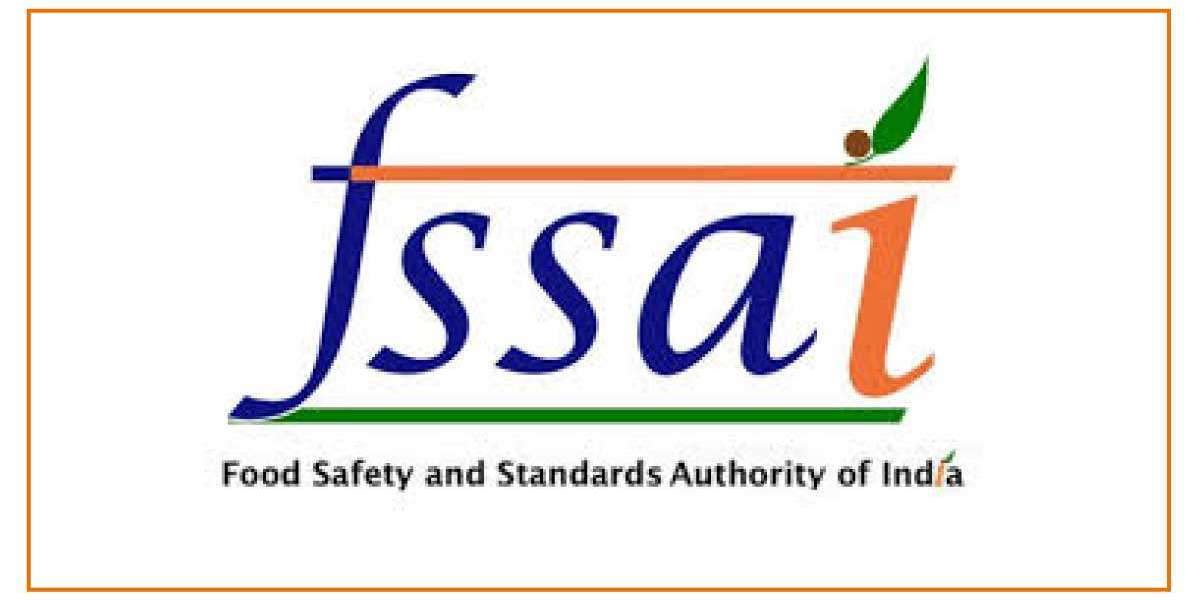The Food Safety and Standards Authority of India (FSSAI) plays a critical role in regulating and supervising food businesses across the country. Every food business operator (FBO), from small vendors to large manufacturers, is required to obtain an FSSAI license or registration. The process is designed to ensure food safety, consumer health, and compliance with regulations.
However, despite digitization and reforms, several incidents of corruption in the FSSAI registration process and licensing process have been reported. These highlight how loopholes, discretionary powers, and procedural delays can create opportunities for misconduct.
Documented Cases of Corruption
1. Mumbai Bribery Case – Assistant Director Arrested
In 2024, a senior FSSAI official in Mumbai was arrested for demanding and accepting a bribe of ₹1.20 lakh from a private food testing laboratory. The bribe was allegedly sought to clear pending bills, and subsequent raids uncovered large amounts of cash, gold, and property documents.
2. Ahmedabad Sting Operation – Joint Director Caught
In 2025, the Anti-Corruption Bureau in Gujarat arrested an FSSAI Joint Director while accepting a bribe of ₹25,000. The bribe was demanded from a consultant who had already submitted all required documents for food license approval. The arrest highlighted how even fully compliant applicants sometimes face harassment.
3. Karnataka Case – Small Bribes for Restaurant Licenses
Back in 2021, an FSSAI officer in Karnataka and his associate were caught taking a ₹5,500 bribe to process an FSSAI license for a new restaurant. Though the amount was small, it showcased how corruption at the local level can burden small businesses and startups.
Causes Behind Corruption in FSSAI Licensing
Complex Bureaucracy – While the process is online, approvals still require human verification, giving officials discretionary power.
Process Delays – Long processing times sometimes encourage businesses to seek shortcuts, enabling bribery.
Awareness Gap – Many small business owners are unaware of online systems and fall prey to middlemen or corrupt officials.
Overburdened Staff – With limited manpower, officials often handle large caseloads, creating bottlenecks and scope for irregularities.
FSSAI’s Measures to Curb Corruption
Online Filing and Transparency – Most of the registration process has been shifted to the online FoSCoS portal, reducing face-to-face interactions.
Vigilance and Complaint Mechanism – A Vigilance Division monitors corruption complaints, and citizens can directly report misconduct.
Legal Action – Arrests by agencies like the CBI and state Anti-Corruption Bureaus demonstrate that enforcement measures are in place.
Whistleblower Recognition – FSSAI has encouraged food safety whistleblowers to report malpractice, both in food quality and licensing.
Summary of Reported Corruption Cases
| Location | Designation of Official | Bribe Amount | Year | Status |
|---|---|---|---|---|
| Mumbai | Assistant Director | ₹1.20 lakh | 2024 | Arrested by CBI |
| Ahmedabad | Joint Director | ₹25,000 | 2025 | Arrested by ACB |
| Karnataka | Food Safety Officer | ₹5,500 | 2021 | Arrested by ACB |
Final Thoughts
Corruption in the FSSAI registration process is not the norm, but documented cases show that loopholes still exist. For honest food business operators, this can cause unnecessary delays, extra costs, and mistrust in regulatory systems.
The government’s ongoing push for digital transparency, online licensing, and vigilance mechanisms is gradually reducing corruption. However, strong enforcement, accountability, and awareness among entrepreneurs remain key to making the FSSAI system fully transparent and trustworthy.








